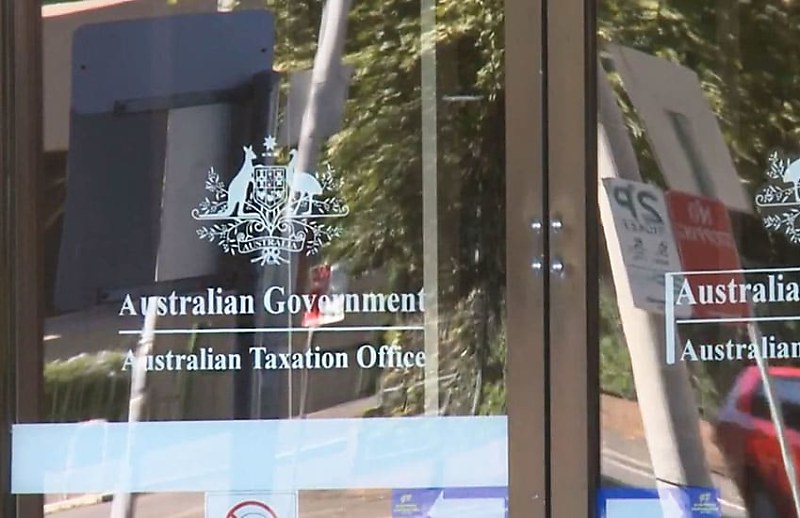You’re out of free articles for this month
The letter also warned: “If we audit you after this date and you fail to report this correctly, we may charge you a penalty.”
However, according to multiple tax agents, some clients who had received the communication did not actually own any of the properties listed in their letter, leading to stress and confusion.
In a post to LinkedIn, Anthony Tripolino, senior accountant at Tripolino Accountants, flagged the incorrect communication and warned all tax practitioners and real estate agents to be aware of any incoming letters.
In his post, Tripolino said the error could be a data-matching issue between agent records and those of the Tax Office, which is what led to the misunderstanding.
Tripolino said while it was unclear why these errors were occurring, the letters were causing unnecessary stress for taxpayers who were frightened of receiving penalties for properties that weren't theirs.
The post attracted 22 comments, with many other tax professionals experiencing the same issue where clients had received letters about properties they didn't own.
One comment posted said: “It seems like the data matching this time is a total disaster. Someone should have sample tested 100 and matched back to the legal title holdings before sending out the letter en-masse. It would have highlighted a problem before they went out.”
Speaking to Accountants Daily, Tripolino said when one of his clients received the letter, he thought it may have been an isolated event. However, since then, he had several other clients receive the same letter listing properties that weren’t owned by them.
“I rang the tax department to follow up and they said they had been getting a lot of these reported, so they were well aware of what I was talking about,” he said.
“I sort of said, ‘what’s the go?’ And they gave a boilerplate response that pretty much suggested that clients speak to their agent to make sure the data is correct. I thought that was really puzzling to hear, and I just thought, ‘what do you mean?’”
Tripolino said the Tax Office should have data from other sources that it relied on, which would be more reliable for data matching purposes rather than relying on the agents themselves.
Based on assumption and personal speculation, Tripolino said something must have gone wrong in the ATO’s process of data matching and referencing an individual for point of contact. Tripolino arrived at this conclusion based on certain details being correct on his clients’ leases, such as listed entities and land tax.
Due to confusion and lack of clarity, Tripolino said he chose to advise his clients to ignore the letter, which he noted could be problematic as clients were concerned by the letter and key words it used, such as audit, fail and penalty.
“Where the problematic issue lies is in the language of the letter. When you throw the words ‘audit’ and ‘penalty’ around, that’s what the ordinary, reasonable person will home in on and raise their eyebrows at, so to speak.”
“If this letter is just a reminder to check, there’s no need to say there could be the potential for audit and penalties. Most people would realise that that would be the case anyway.”
“As a tax agent, if something was incorrect, it would be incumbent on me to say: ‘Clearly the ATO knows about it, so let’s fix it if it was incorrect.’”
“But, it’s almost like you don’t need to tell people that there’s going to be potential for an audit or there could be penalties that apply, because the ordinary person is just going to freak out.”
Another issue outlined by Tripolino that this written communication would trigger was the lack of time and money tax agents have to give to resolving this for their clients, as well as clients being falsely led to believe that perhaps their tax agent had done the wrong thing.
Tripolino said the Tax Office needed to have greater sensitivity towards what ramifications communications like this can have, especially when they are completely wrong.
The ATO issued a warning last year that it would be expanding its data-matching compliance program for rental properties as part of a crackdown on taxpayers misreporting rental income and deductions.
Where the data matching program produced discrepancies, the ATO said it would be contacting taxpayers to allow them to verify the information before taking action.
The ATO told Accountants Daily the recent mail out campaign prompted individuals to review whether they may have omitted rental income in their tax return, based on data from property managers.
“While we continue to work with property managers to improve the correctness of this data, we understand that this data may not always be completely accurate. Therefore, the wording in the letters is intended to prompt individuals to review and amend if mistakes were made in their return,” an ATO spokesperson said.
“The letter also encourages tax agents and taxpayers to contact us if they believe the information is incorrect. Based on feedback we have received so far this has been in a small minority of these letters. This will allow us to improve future campaigns to support taxpayers to meet their tax obligations.”

 Login
Login






